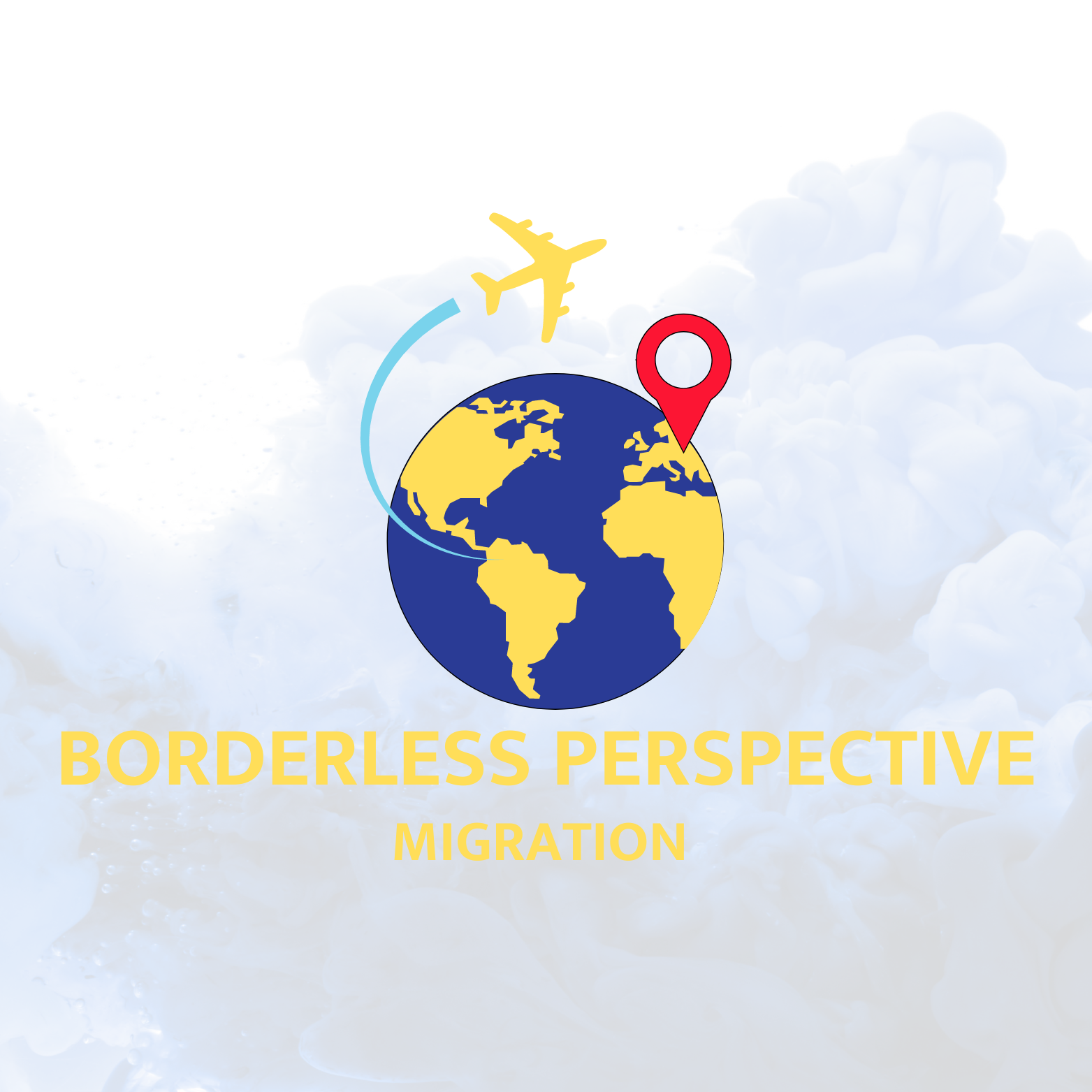
Integration is a crucial aspect of effective migration management, playing a significant role in promoting social inclusion and fostering cohesive societies. Successful integration involves the mutual adaptation of migrants and the host society in various areas such as economic, social, linguistic, and civic integration.
Integration strategies aim to empower migrants and enhance their societal contributions, while also facilitating the engagement of host communities and local actors. These strategies cover a range of areas, including pre- and post-arrival orientation and training, empowering host communities, providing direct support and services, facilitating labor market inclusion, raising awareness and countering xenophobia, promoting social mixing, and conducting research and policy analysis.
Key Takeaways:
- Integration strategies are essential for fostering inclusion and social cohesion among migrants and host communities.
- Successful integration involves mutual adaptation in economic, social, linguistic, and civic spheres.
- Pre- and post-arrival orientation and training programs are crucial for supporting migrants throughout their integration process.
- Empowering host communities through intercultural sensitivity and competence building enhances their ability to support migrants.
- Facilitating labor market inclusion and private sector engagement is vital for migrants’ autonomy and productivity.
Orienting and Training Migrants Pre- and Post-Arrival
Successful integration of migrants relies heavily on providing them with the necessary information and skills both before and after their arrival in the host country. Pre-departure training activities are designed to manage expectations, provide cultural orientation, and develop the skills needed for a successful adaptation to the new society.
During pre-departure training, migrants receive technical and language training to equip them with the knowledge and awareness required for a seamless transition. This training helps them understand the cultural norms and values of their destination country, facilitating their integration into the local community.
Post-arrival training continues to support migrants in their integration process by assisting them in navigating various aspects of their new environment. The training focuses on areas such as accessing healthcare, education, employment opportunities, and social services. It aims to empower migrants to become active participants in their new society, promoting self-reliance and increasing their chances of successful adaptation.
The Role of Cultural Orientation
“Cultural orientation plays a vital role in facilitating the successful integration of migrants. By providing migrants with information about the host country’s culture, customs, and laws, we empower them to navigate their new surroundings with confidence and respect for local norms.” – Immigration Integration Expert
Cultural orientation programs help migrants develop a deeper understanding of the host country’s social, economic, and political systems. These programs also foster intercultural sensitivity, promoting understanding and mutual respect between migrants and their host communities. By highlighting the shared values and commonalities between cultures, cultural orientation programs encourage social cohesion and bridge divides.
| Benefits of Pre- and Post-Arrival Training | Examples |
|---|---|
| Enhanced adaptation to the new society | Language training programs |
| Increased employability | Job readiness workshops |
| Improved access to social services | Orientation sessions on healthcare and welfare programs |
| Promotion of cultural understanding and intercultural dialogue | Interactions with local community members through community integration programs |
- Pre-departure training activities focus on managing expectations, cultural orientation, and developing adaptation skills.
- Post-arrival training supports migrants in navigating various aspects of their new environment.
- Cultural orientation programs play a vital role in facilitating successful integration.
Section 3: Preparing and Empowering Host Communities
Migrant integration goes beyond the efforts of individual migrants; it involves the collaboration and support of various stakeholders, including government agencies, employers, educational institutions, and trade unions. In this section, we explore the importance of preparing and empowering host communities to create an inclusive environment for migrants.
Capacity-building plays a crucial role in equipping frontline local actors with the necessary tools and knowledge to interact effectively with migrants. Training programs focused on intercultural sensitivity and competence enhance their understanding of diverse cultures and help foster a welcoming atmosphere. By fostering empathy, respect, and understanding, these programs enable frontline local actors to respond to migrants’ specific needs and ensure their smooth integration into the community.
“Embracing diversity and promoting intercultural understanding are essential in building strong and cohesive communities.”
Moreover, support for migrants’ specific needs is vital in creating an inclusive environment. By addressing language barriers, cultural differences, and access to essential services, host communities can facilitate migrants’ integration journey. This includes providing language classes, cultural orientation programs, and assistance in navigating educational and healthcare systems. By acknowledging and catering to migrants’ unique requirements, host communities can help foster a sense of belonging and empowerment.
Preparing and Empowering Host Communities – Table
| Activities | Benefits |
|---|---|
| Capacity-building programs | Enhanced intercultural sensitivity |
| Language classes and cultural orientation | Improved communication and understanding |
| Assistance in navigating educational and healthcare systems | Greater access to essential services |
Embracing diversity and promoting intercultural understanding are essential in building strong and cohesive communities. Through capacity-building and support programs, host communities can create an environment that celebrates differences and values the contributions of migrants. By working together, we can create inclusive societies that benefit both migrants and the entire community.
Facilitating Labor Market Inclusion and Private Sector Engagement
In the quest for successful integration, labor market inclusion plays a pivotal role in empowering migrants and fostering their societal contributions. By providing opportunities for skills assessment, job matching, and financial inclusion, integration strategies aim to facilitate the seamless integration of migrants into the workforce.
Skills assessment and recognition enable migrants to showcase their talents and qualifications, ensuring that their capabilities are accurately assessed and acknowledged. This process not only boosts migrants’ self-confidence but also allows employers to identify individuals suitable for specific roles, leading to a more efficient job matching process.
Moreover, integration strategies focus on promoting financial inclusion, ensuring that migrants have the necessary resources and access to financial services. This support enables migrants to fully participate in the labor market, overcome economic challenges, and contribute to the overall growth of the host society.
An essential component of facilitating labor market inclusion is the creation of opportunities for vocational apprenticeships and internships. These programs provide migrants with valuable hands-on experience, practical skills, and industry knowledge, increasing their employability and chances of securing long-term employment.
FAQ
What are integration strategies for migrants?
Integration strategies for migrants are a range of programs and initiatives aimed at promoting the successful integration of migrants into host societies. These strategies encompass various aspects such as economic, social, linguistic, and civic integration and include activities like pre- and post-arrival orientation and training, empowering host communities, providing direct support and services, facilitating labor market inclusion, raising awareness and countering xenophobia, promoting social mixing, conducting research, and analyzing policies and programs.
What is the importance of pre-departure training for migrants?
Pre-departure training activities play a crucial role in preparing migrants for their new lives in the host country. These training sessions focus on managing expectations, cultural orientation, and developing the skills needed for adaptation to the new society. They also include technical and language training to equip migrants with the knowledge and awareness required for a successful transition.
How does post-arrival training support migrant integration?
Post-arrival training continues to support migrants in their integration process and helps them navigate various aspects of their new environment. This training provides ongoing assistance, guidance, and resources to migrants, ensuring they have the necessary skills and knowledge to successfully integrate into their new communities.
How are host communities prepared and empowered to receive and assist migrants?
Integration strategies involve working with various stakeholders, including government agencies, employers, educational institutions, and trade unions, to prepare and empower host communities. Capacity-building activities and trainings focus on enhancing intercultural sensitivity and competence among frontline local actors. This enables them to better respond to migrants’ specific needs and foster a welcoming and inclusive environment.
Why is labor market inclusion important in migrant integration?
Labor market inclusion is a critical aspect of migrant integration as it promotes their autonomy, self-confidence, and productivity. Integration strategies aim to facilitate the integration of migrants into the labor market through activities such as skills assessment and recognition, job matching, and support for financial inclusion. These strategies also focus on providing opportunities for vocational apprenticeships and internships that lead to employment. The engagement of the private sector is crucial in creating a supportive environment for migrant integration and maximizing the potential contributions of migrants to the workforce.
MORE SOURCES TO READ:
- https://www.iom.int/migrant-integration-and-social-cohesion
- https://rm.coe.int/policy-lab-on-inclusive-integration-inclusive-integration-strategies-t/16808ae1c6
- https://www.undp.org/blog/promoting-empowerment-inclusion-and-social-cohesion-international-migrants-day
![]()











Recent Comments